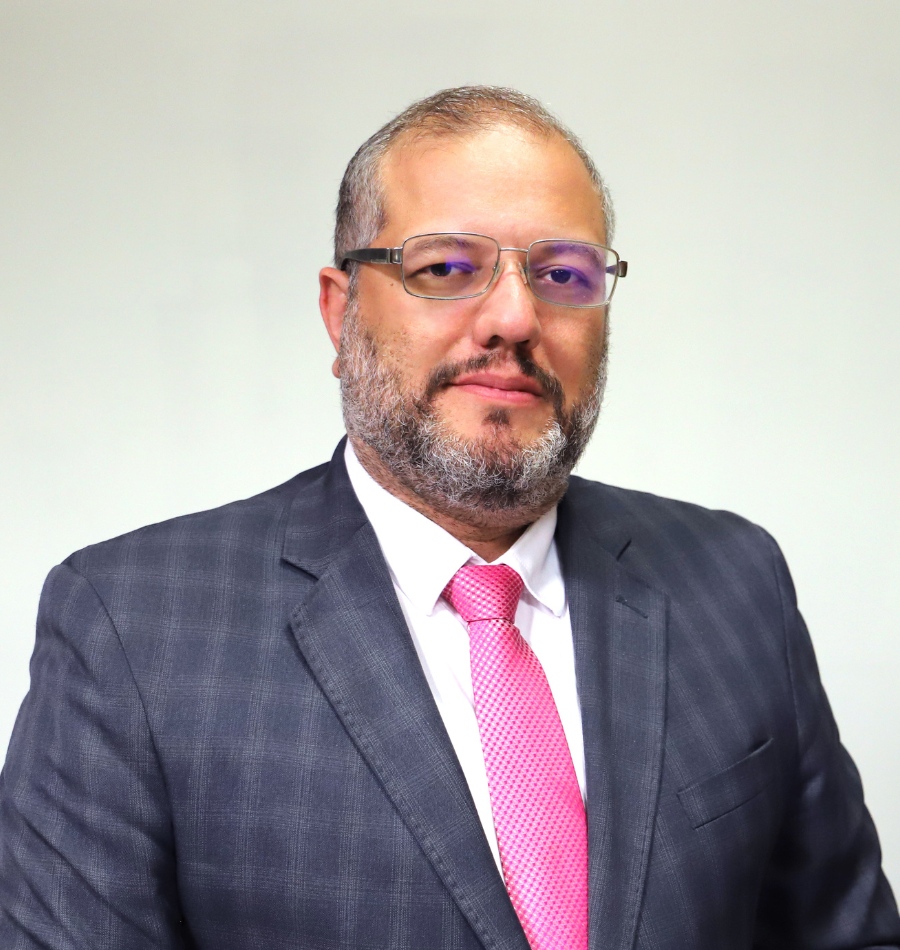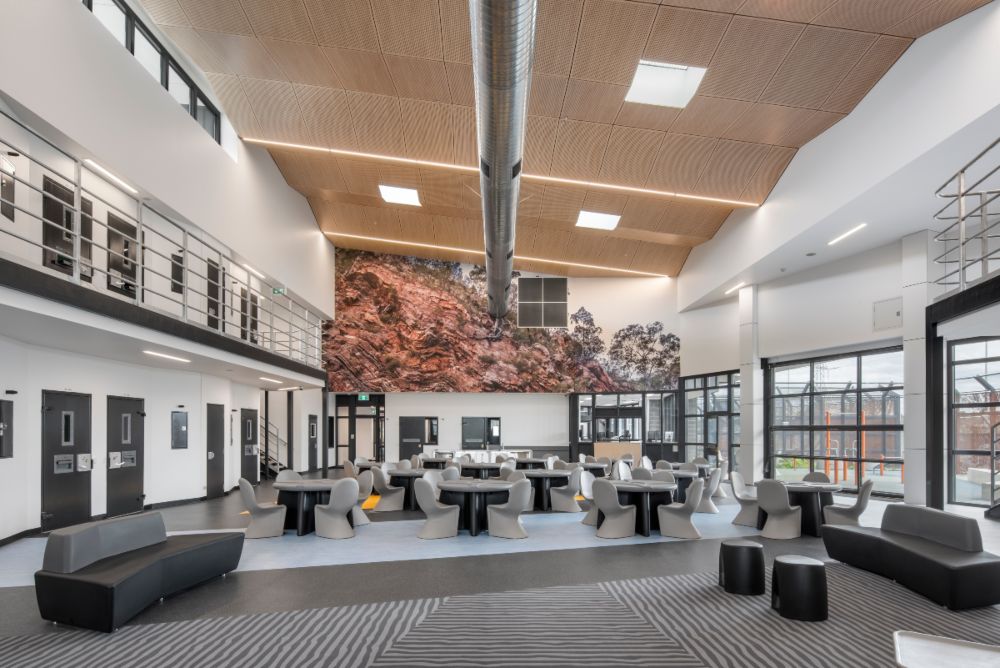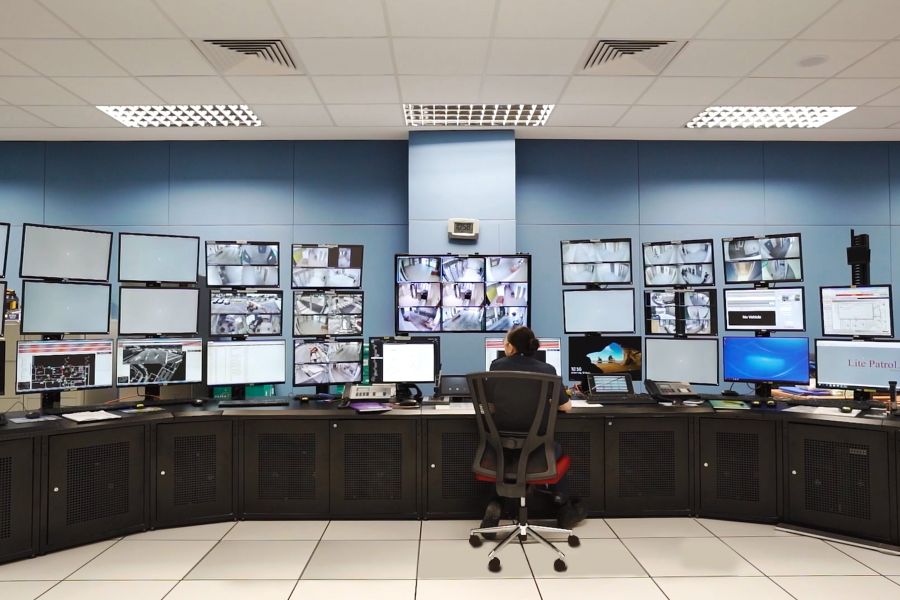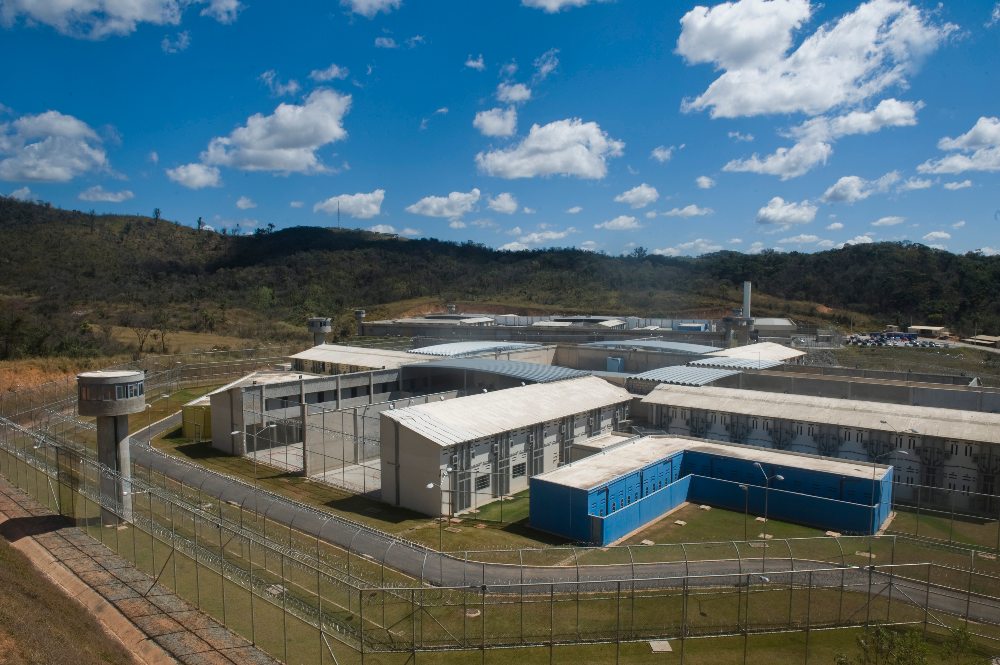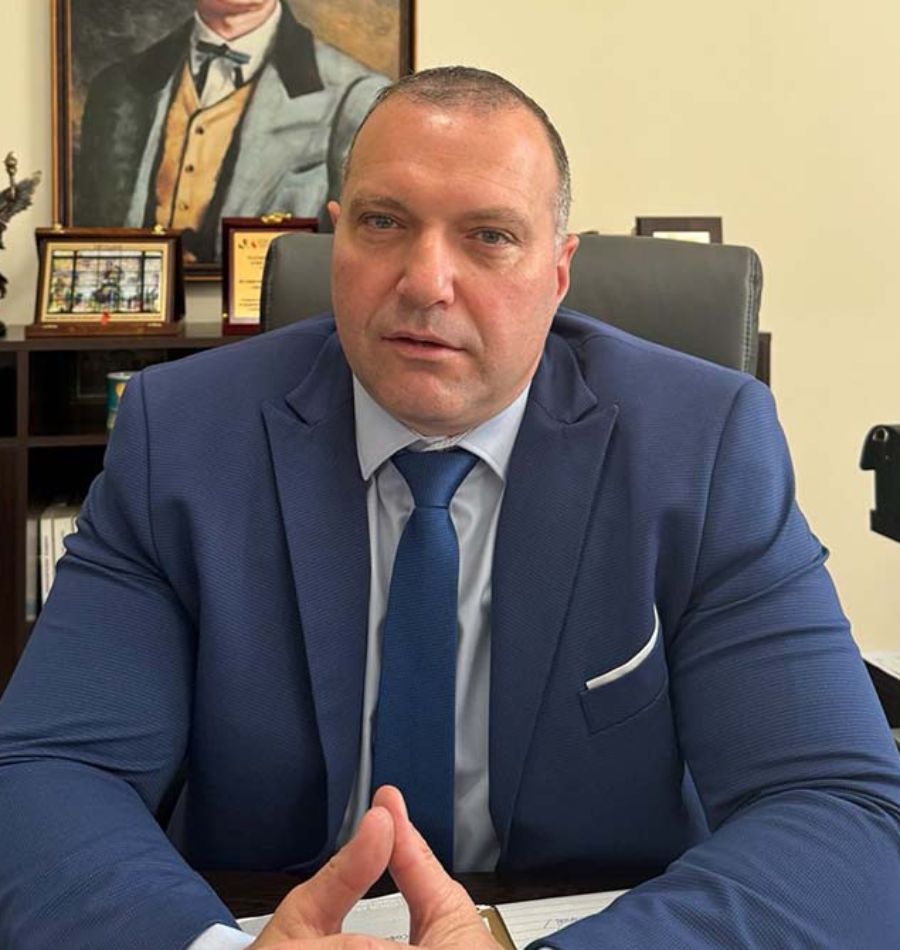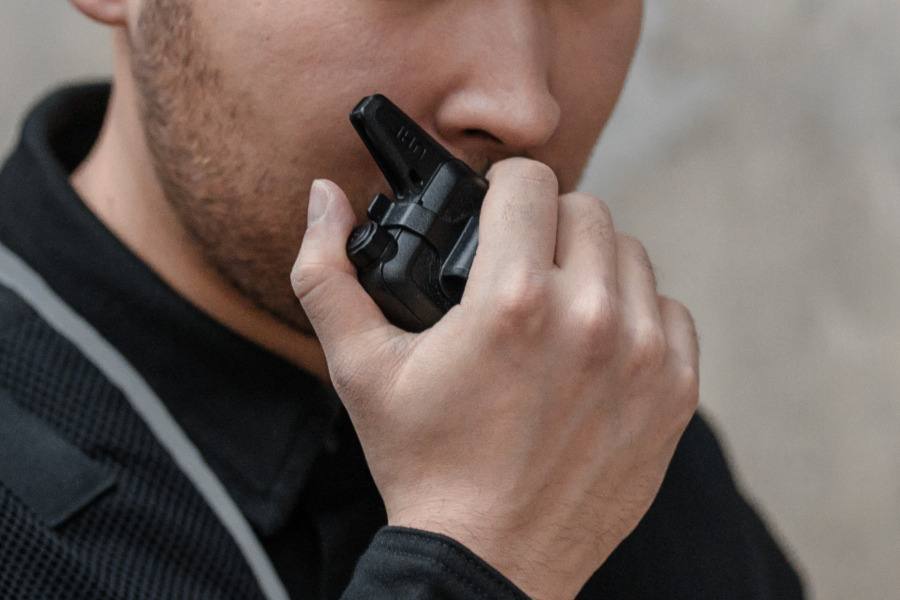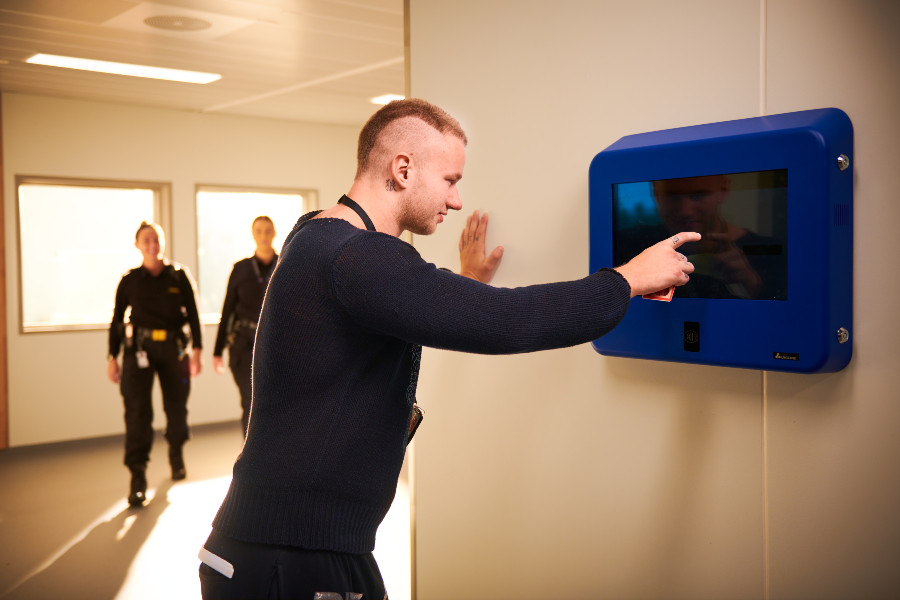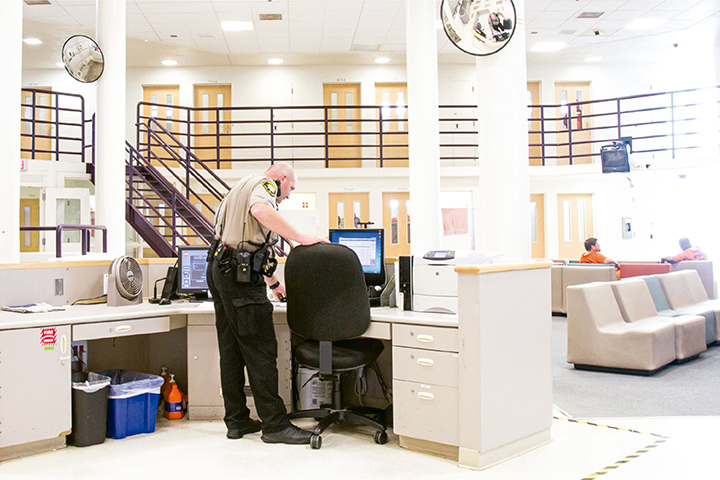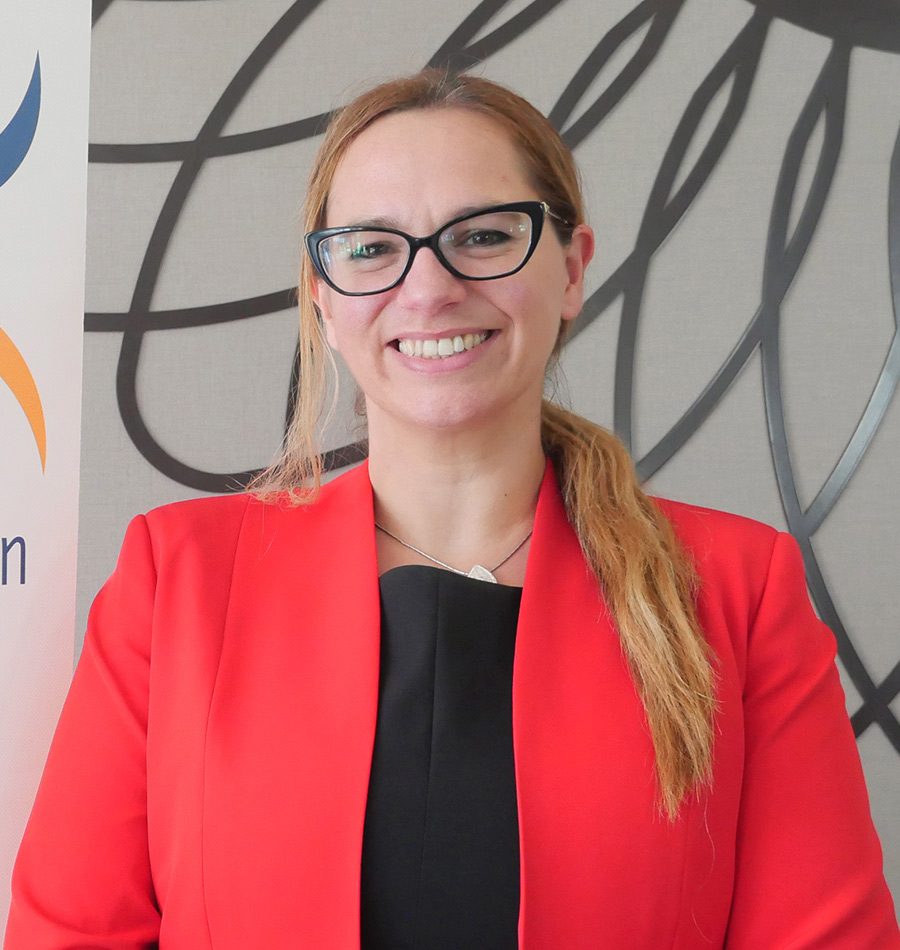In this case study, discover interLIFT, a highly scalable treatment delivery model created to bridge the gap between rehabilitation ideals and institutional constraints. Read More
Reactive aggression is a common challenge in criminal justice, and VR solutions are emerging as innovative tools for rehabilitation. Read More
Viorel Sochircă, Director of the National Probation Inspectorate of Moldova Read More
Emma Regan, President of the International Association for Correctional and Forensic Psychology (IACFP) Read More
In this article, Sarah Spence from MHS examines how technology can transform correctional education, addressing challenges of funding, access, and security while equipping justice-involved individuals with essential digital skills for reintegration. Read More
In this article, Pedro das Neves, CEO of IPS_Innovative Prison Systems, examines how AI can support corrections, the obstacles it may face, and the steps needed to ensure its use is ethical, inclusive, and evidence-based. Read More
Ananda Chalegre, Director-General, Paraná State Penal Police Department, Brazil Read More
Read about Namibia’s Correctional Service (NCS) partnership with Telio Group to pilot a supervised telephony system at Windhoek Correctional Facility, in this article written by Dave Lageweg from Telio, and Raphael T. Hamunyela, the Commissioner-General of the Namibian Correctional Service. Read More
Tyrone Oliver, Commissioner of the Georgia Department of Corrections Read More
Mathilde Steenbergen, Director-General of the Belgian Prison Service Read More
Marcus Rito, President of CONSEJ and
Secretary of Justice of Rondonia, Brazil Read More
Evariste Murenzi, Commissioner General, Rwanda Correctional Service, Rwanda Read More
The design of correctional facilities shapes the daily experiences of both incarcerated individuals and staff, influencing rehabilitation, security, and operational efficiency. Beyond ensuring physical security, well-planned spaces for education, vocational training, and therapeutic programmes encourage engagement in constructive activities, ultimately reducing recidivism. In this edition, we explore how architecture, smart technologies, and alternative financing models are driving the evolution of modern prisons, featuring insights from correctional leaders and experts on creating environments that prioritise safety, rehabilitation, and long-term adaptability. Read More
Find out how the Singapore Prison Service (SPS) is redefining rehabilitation by integrating technology and fostering community partnerships, through its Corrections 2030 framework. Read More
This article by Simon Bonk and Tanja Sieme (Telio) examines the modernisation of correctional infrastructure, highlighting its importance and the key challenges faced by correctional institutions in implementing these advancements. Read More
The prison system in Brazil struggles with overcrowding and poor infrastructure. Discover how the Ribeirão das Neves Prison Public-Private Partnership (PPP) is addressing this through an innovative approach. Read More
Rob Jeffreys, President of the Correctional Leaders Association & Director of the Nebraska Department of Correctional Services, USA Read More
Ivaylo Yordanov, Chief Commissioner, General Directorate "Execution of Sentences", Bulgaria Read More
Explore the challenges and opportunities of modernisation though the lens of international stakeholders in the penitentiary sector. Read More
Discover Antonio Sadler's journey from prison to working with transformative technology at ViaPath, a testament to the potential of providing opportunities to change lives. Read More
Discover the key insights from UNICRI's latest report, showcasing how digital technologies can transform prisoner rehabilitation. Read More
MHS Public Safety explores how we can strengthen rehabilitation and reintegration by providing education, mental health support, and improved communication. Read More
Karen Ellis, Deputy Solicitor General, (Correctional Services), Ontario, Canada Read More
Learn more about the critical security challenges in prison systems, including organised crime, radicalisation, and contraband issues. Discover the role of prison intelligence in countering these threats. Read More
Explore how Unilink's AIM application is transforming prison environments by detecting mental health risks, particularly suicide and self-harm, through data analysis. Read More
In this article by ViaPath Technologies, discover how Intelligence-Led Corrections (ILC) strategies combat contraband cell phones in prisons through detection, extraction, and analysis. Read More
Learn more about the vital role of rehabilitation in correctional facilities, and how NCIC's RISE Method promotes education, skills, and communication for the incarcerated. Read More
Ricardo Pérez Manrique, Judge, President of the Inter-American Court of Human Rights Read More
Renato Casagrande, Governor, Espírito Santo, Brazil Read More
Jana Špero, Secretary General, Confederation of European Probation (CEP) Read More
Zacc Allen, President of the Corrections Technology Association, USA Read More
Joint interview with members and experts of the Council for Penological Co-operation of the Council of Europe Read More
Shie Yong Lee, Commissioner, Singapore Prison Service Read More
Bryan Stirling, Director, South Carolina Department of Corrections, USA Read More
Simon Bonk, Chair of the Technology Solutions Network, ICPA Read More
A detailed study on the effects of access to video visitation in prison in the recidivism rate of individuals after their release. Read More
Exploring the use of Virtual Reality in IPV therapy - a promising approach for managing risk factors and reducing recidivism. Read More
Learn about the benefits of using well-validated risk and needs instruments and how they can facilitate evidence-based case planning and treatment for individuals - by MHS Public Safety. Read More
An update on the expansion of the Smart Prison project in Finland, which provides digital devices and services to inmates for communication, task management, and rehabilitation purposes. Read More
A new vision requires modern offender management systems, capable of responding to the issues facing prison administrations today, with the flexibility and ability to learn and respond to issues that we will face in the future. Read More











